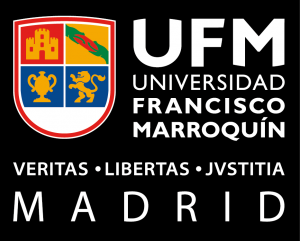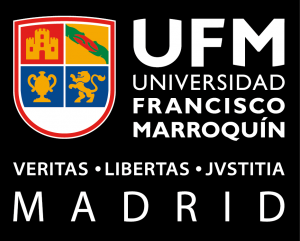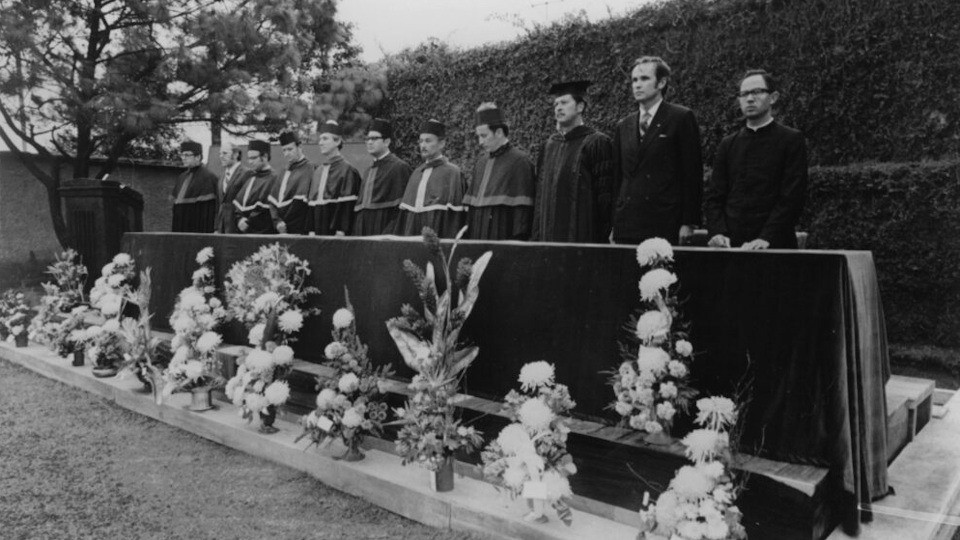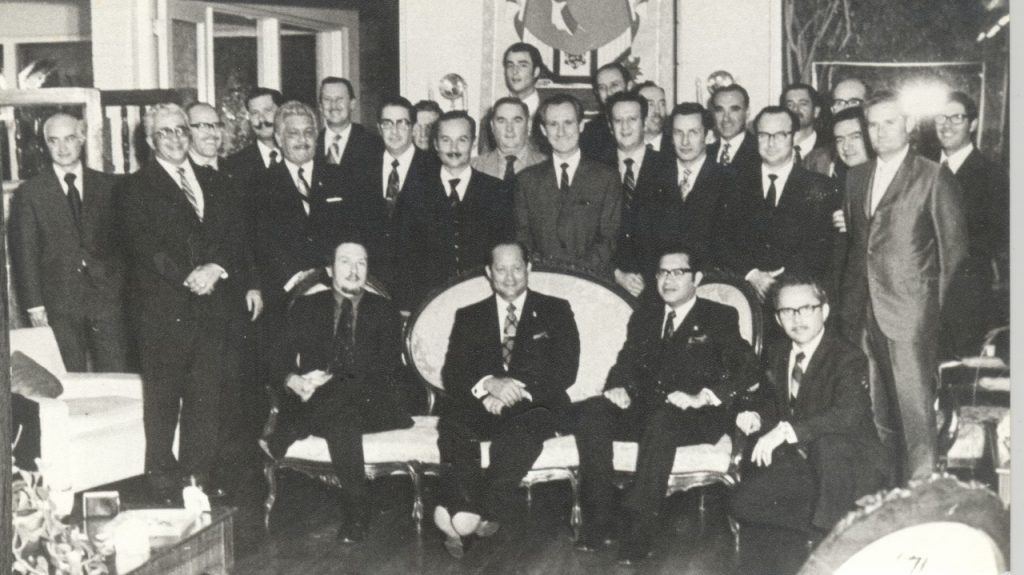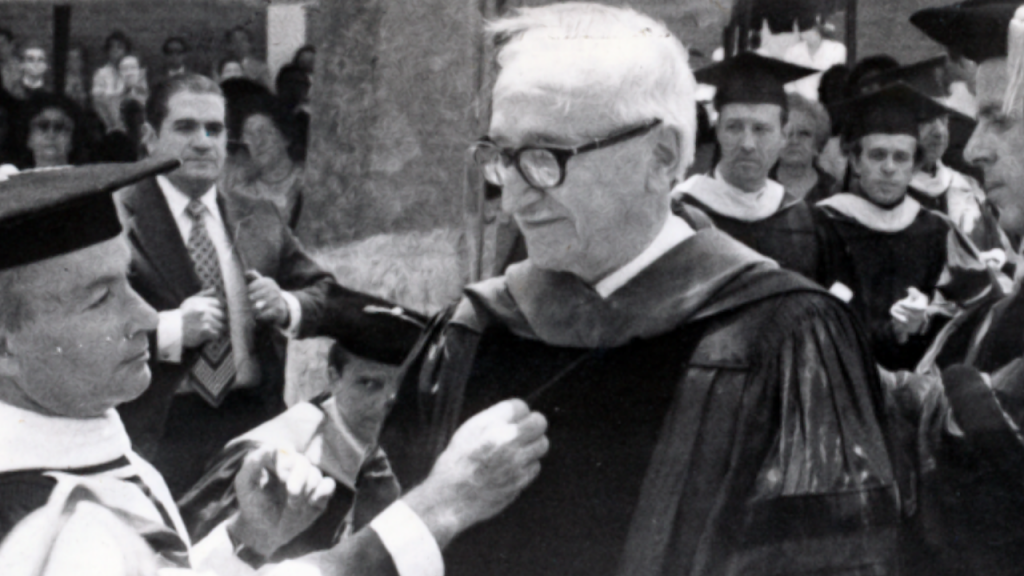The Role of Monarchy in the Twenty-First Century | Will Ogilvie Vega de Seoane
In this conference, organized by Centro Henry Hazlitt UFM, Will Ogilvie Vega de Seoane explained the monarchy in a republican age, the cliches against monarchies, some history found in books, and the problems with the rule of one.
«Benjamin Constant thought that because of the terrible excesses of the French Revolution and the danger that enraged mass can have in society, that a constitutional monarchy was extremely important in maintaining peace, order, and freedom.”
www.youtube.com/watch?v=migZkSD6cNs&t=1s
Will emphasized in the main point of his lecture: defending the monarchy by using republican terms. He started by clarifying that power is a terrible thing, but if you follow Montesquieu in his work The Spirit of Laws, where he reflects about the separation of political powers in executive, legislative and judiciary, it will explain how the constitutional monarchy is an added division of power. Then, Ogilvie analyzed the monarchy on utilitarian terms by using republican ideas of the division of powers.
«When we talk about freedom in modern times, we mean this capacity, this triumph of individuality over the despotic rule of one, but also and more interesting, over the despotism of the masses that want the right to enslave a minority in the name of a majority.”
In the lecture, Will pointed out the work of Benjamin Constant, where it says that because monarchy is above society it will not share the passions and ambitions for power that politicians have, and its interests must maintain order and freedom. He clarified that monarchy should stand neutral above party politics, it will focus on patriotism and affection for the wellbeing of the people. Also emphasized in the work of Walter Bagehot, where it explains the three powers that a constitutional monarchy has: the right to be consulted, the right to encourage, and the right to warn.
Finally, Will Ogilvie concludes that today is extremely difficult to start a monarchy from zero in an age of equality, and calls the audience to analyze how to hold a genuinely diverse society together without a king or queen.
Source: https://newmedia.ufm.edu/video/the-role-of-monarchy-in-the-twenty-first-century/
Te puede interesar:
- « Anterior
- 1
- …
- 4
- 5
- 6
- 7
- 8
- …
- 16
- Siguiente »
